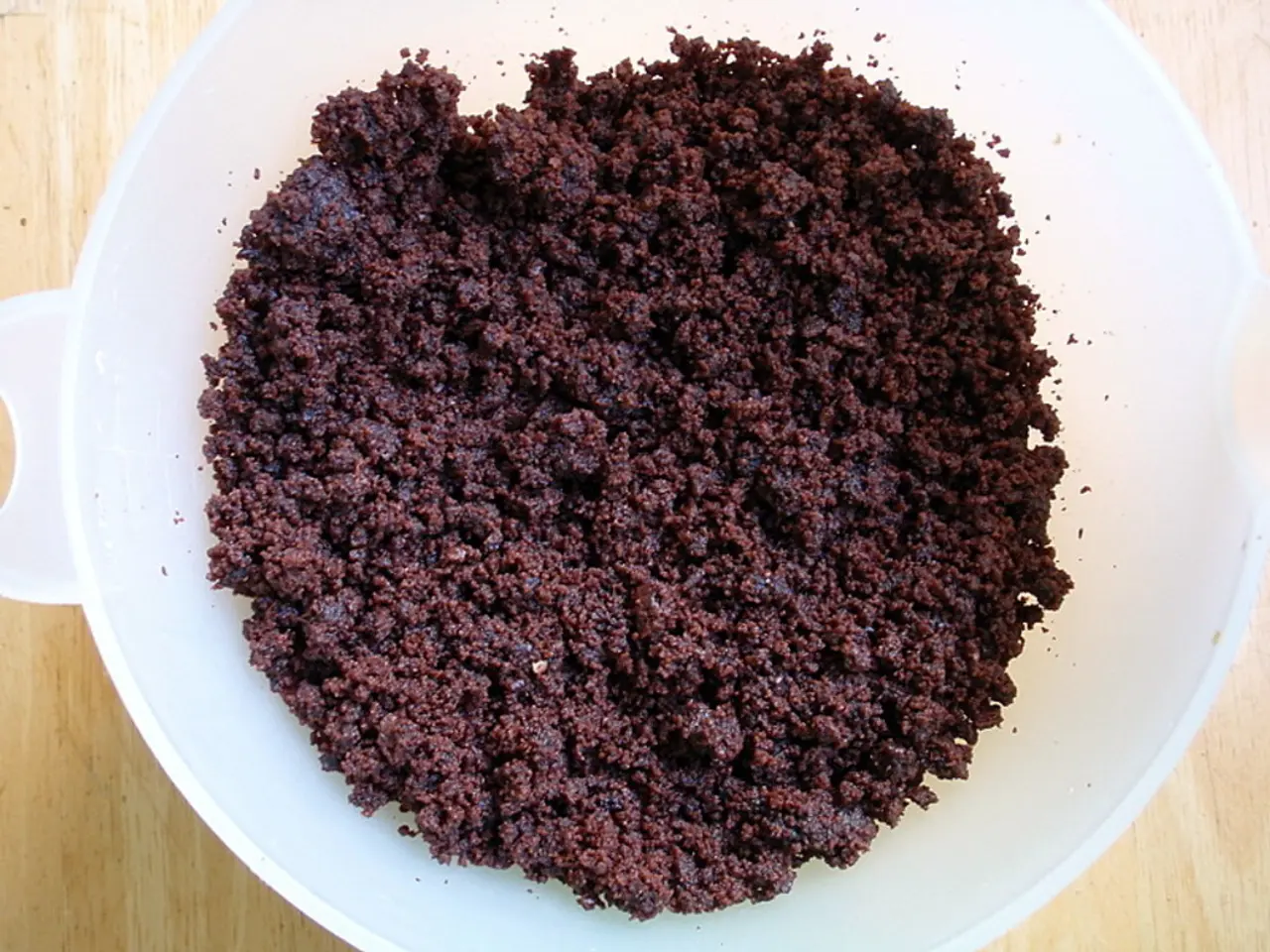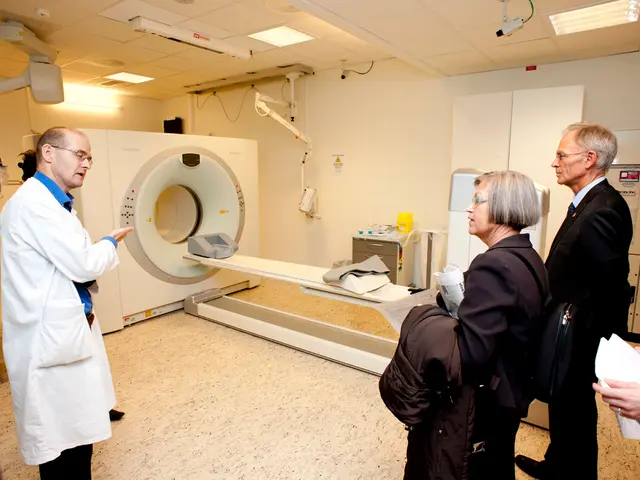Comparing Diverticulitis and Ulcerative Colitis: An Analysis
Diverticulitis and ulcerative colitis (UC) are two distinct conditions that affect the digestive system. While they share some similarities, they have distinct differences in symptoms, diagnosis, treatment, and complications.
Diverticulitis typically presents with sudden onset lower abdominal pain, often in the left lower quadrant, accompanied by nausea, diarrhea or constipation, and possibly fever or blood in stool if complicated. On the other hand, ulcerative colitis causes inflammation and ulcers in the colon and rectum, producing symptoms like bloody diarrhea, abdominal pain, fever, and rectal urgency. It usually starts in the rectum and may spread upward.
Diagnosis of diverticulitis is primarily confirmed by a CT scan of the abdomen, while ulcerative colitis is diagnosed through a combination of colonoscopy with biopsy showing inflammation and ulceration of the colonic and rectal mucosa, along with blood tests and stool analysis for inflammation markers.
Treatment for diverticulitis varies depending on the severity of the condition. Mild cases are treated with oral antibiotics and a liquid diet, while severe cases need intravenous antibiotics, bowel rest, and sometimes surgery for complications like abscess or perforation. Ulcerative colitis treatment involves anti-inflammatory medications such as 5-ASAs, corticosteroids, immunomodulators, biologics, and sometimes surgical removal (colectomy) in severe or unresponsive cases.
Complications of diverticulitis include abscess, fistula, perforation, peritonitis, and bowel obstruction requiring surgery, while ulcerative colitis can lead to severe bleeding, toxic megacolon, increased risk of colon cancer, and extra-intestinal manifestations affecting skin, eyes, and joints.
Prevention and management of these conditions are crucial. People can take steps to help prevent UC and diverticulitis from developing, such as eating a diet high in fiber and low in red meat, engaging in regular physical activity, avoiding smoking, and reaching or maintaining a moderate body weight.
People with UC may find that certain foods can trigger or worsen symptoms, including insoluble fiber, lactose, sugary foods, high fat, fried, or greasy foods, alcohol and caffeine, spicy foods, and more.
UC is a chronic condition that a person will need to manage throughout their life. Managing flare-ups and uncomfortable symptoms can be difficult for some individuals, but effective treatment can help people lead a relatively normal life. By managing their condition, some individuals with UC may experience remission.
People with diverticulosis may develop diverticulitis in around one-third of cases. The exact cause of either condition is unknown, but factors that may increase the risk of diverticulitis include genetics, stool or bacteria becoming trapped in a pouch in the colon, a change to the microbiome in the intestines, issues with muscles, nerves, or connective tissue in the colon, issues with the immune system, lifestyle factors such as following a low fiber diet, eating a diet high in red meat, not engaging in physical activity, taking nonsteroidal anti-inflammatory drugs and steroids, having obesity, smoking, and more.
In summary, diverticulitis is inflammation of localized pouch-like herniations in the colon wall causing acute infection-related symptoms mainly in the sigmoid colon, often requiring antibiotics or surgery. Ulcerative colitis is a chronic autoimmune inflammatory disease of the colon mucosa causing continuous mucosal ulceration predominantly starting in the rectum, managed with immunosuppressive and anti-inflammatory drugs with a risk of chronic complications.
- Ulcerative colitis, a distinct chronic disease, affects the colon and rectum, leading to symptoms like bloody diarrhea, abdominal pain, and rectal urgency.
- Science and medical advancements have led to accurate diagnosis of conditions like diverticulitis and ulcerative colitis through methods such as colonoscopy, CT scans, and blood tests.
- Chronic diseases like ulcerative colitis can have significant impacts on digestive health and overall health-and-wellness, requiring lifelong management.
- Diverticulitis, when severe, can lead to complications like abscess, perforation, or peritonitis, potentially requiring surgery.
- To prevent conditions like diverticulitis and promote digestive health, it's recommended to follow a high-fiber, low-red-meat diet, engage in regular physical activity, avoid smoking, and maintain a moderate body weight.




